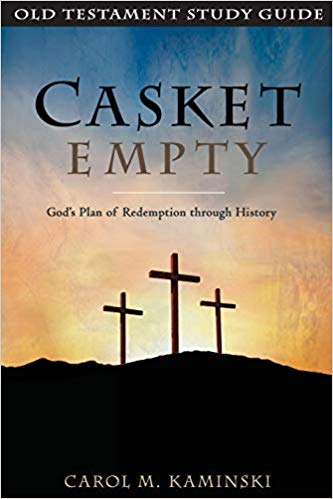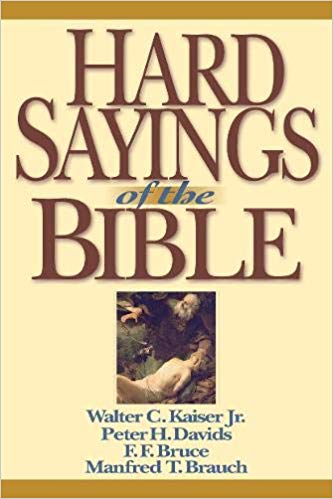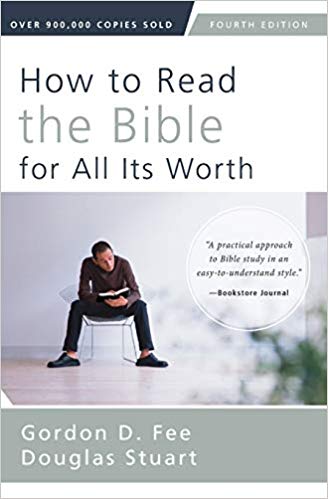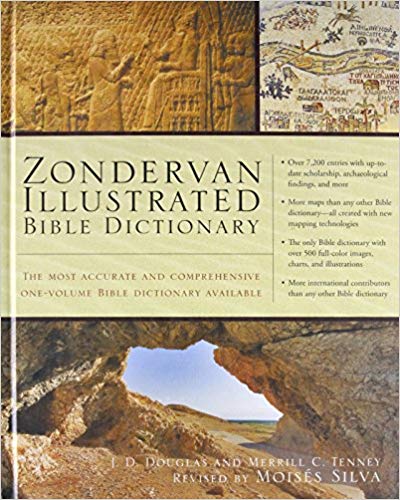Guest Post By Dorothy Greco
As the author of two marriage books, people routinely ask me for a short list of ideas for how to keep their marriages strong and satisfying. I’m not necessarily keen on relational to-do lists, but I do believe that developing these habits will help you to have a mutually-satisfying marriage.
Hone your communication skills. First, don’t talk more than you’re willing to listen. If you’re an extrovert married to an introvert, you may need to stop talking before you feel done so that your spouse has space to process and respond. Additionally, strive to become tender-hearted truth tellers. As I write in Marriage in the Middle, being a truth teller does not mean “giving voice to every stray thought that drifts through our mind. There’s Twitter for that.” Our feelings can sometimes be vindictive, mean-spirited, and unhelpful. In those moments, it’s better to stay quiet.
Take responsibility for your contribution to marital issues rather than blaming your spouse. Remember Jesus’s message in the Sermon on the Mount about removing the log in your own eye before trying to take out the speck in someone else’s? Ask yourself “How or what did I bring to this disagreement or impasse?” Typically, both partners contribute to relational dynamics. When you blow it, own it and humbly apologize.
Forgive quickly and thoroughly. Little things can gradually become big things if they are not processed and forgiven. Don’t forget to actually vocalize I forgive you when your spouse apologizes. And remember, forgiveness is neither optional nor dependent on our feelings. (The call to forgive does not mean that we should overlook abuse. If that’s an issue, please reach out for professional help.)
Commit to grow: both individually and together. God created us to keep learning throughout our entire lives. In fact, we have to make a conscious choice not to grow! We recently hosted a marriage conference and discovered one couple was celebrating their 50th anniversary that weekend. When I asked why they came, the octogenarian husband said, “There’s more for us. Let’s go!” I want to have that attitude when I’m his age!
Develop and maintain healthy friendships. No matter how awesome you are, you will not be able to meet all of your spouse’s needs. Though some needs can only be met in the confines of marriage (like sex), having healthy friendships and being part of a healthy community eases our burdens and supports us when life gets hard.
Live and love sacrificially. Sometimes major sacrifices are easier than smaller, everyday ones. As I’ve aged, my sleep has gotten worse which means my husband needs to get up a bit earlier than he prefers so he can walk the dog before going to work. This is no small thing when it’s 0’dark thirty and the temperature is well below freezing. These little acts of sacrificial love become equity that we can draw on when life gets complicated.
Develop shared leisure activities. A commonly stated reason for divorce is “we grew apart.” We can avoid that by intentionally strengthening the bond between us. Ten years ago, I bought a used double kayak for our anniversary. Initially, Christopher was aghast as we were on a tight budget. But after getting out on the river a few times, he was hooked. Since the pandemic hit, we’ve been going for long walks and watching The Crown. Connecting while having fun should be non-negotiable and prioritized.
Figure out how you can serve together. Every marriage is uniquely poised to serve the larger world. Maybe it’s volunteering in an animal shelter or food pantry. Maybe it’s doing a Habitat for Humanity building project. Christopher and I have been doing a midweek-service at the local men’s prison for the past three years. The options are endless! Being missional takes your focus off any minor annoyances and puts you in a context to work together.
Speak words of blessing and encouragement to each other on a regular basis. Let’s face it. We can all get discouraged from time to time. Because we know our spouse’s strengths and weaknesses better than anyone else, our words can build up or tear down. When your spouse has done something well, tell them how much you appreciate them. And be specific! Thanks! is good but I’m so grateful that you noticed my tires needed to be rotated and took care of that for me. I feel loved, has more payoff.
Pray for and with each other. We all know how important this is and probably, many of us struggle to consistently do it. Praying together fortifies and unites us in a way that nothing else can. If this has been a struggle, don’t give up! Set the bar low. Aim for sixty second each morning or each evening. Some prayer is better than none.
Have your own essentials that I missed? Please share them with us. If you comment or share one of your ideas for keeping your marriage strong, you could win an autographed copy of Marriage in the Middle.
Dorothy Littell Greco is the author of Making Marriage Beautiful and the newly released Marriage the Middle: Embracing Midlife Surprises, Challenges, and Joys. She also works as a professional photographer. You can find more of her work on her website: DorothyGreco.com.







